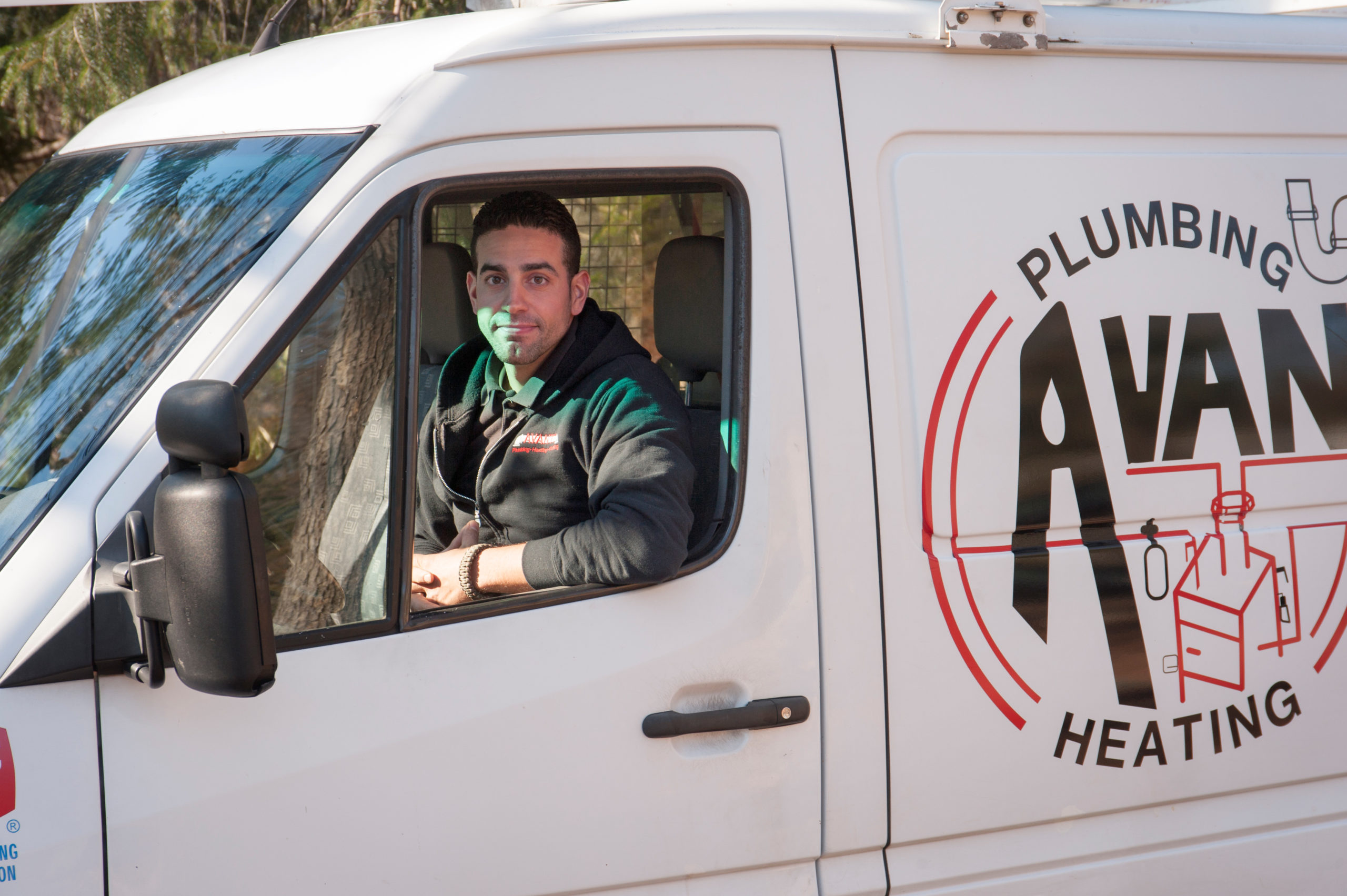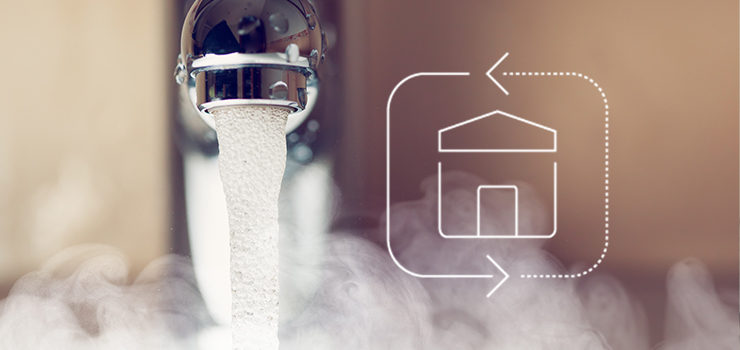
By Anthony Tosco, owner of Avanti Plumbing and Heating, Inc
Step aside gold. Move along, crude oil. The most valuable resource on earth is… water. Or at least that’s what a growing number of scientists and environmentalists believe, and likely with some level of truth. Some go as far as to say that many of us will have trouble getting clean H2O within a few generations.
According to The Water Project, as many as a billion people don’t have daily access to pure drinking water. Sure, that’s sub-Saharan Africa, though, and other third-world regions. How about here, in the US of A? Here on the East Coast, it’s tough to imagine a water shortage. But that’s not the case everywhere.
Rob Ferraud, owner of Valley Plumbing, Inc., in Bermuda Dunes, CA, says he’s seen homeowners try just about everything to conserve water, or make up for the lack of it. Residents have literally painting their dead lawns green in dry years, and are known to place bricks in their toilet tanks to reduce the GPF.
In a lot of homes, there are buckets in the shower, to collect clean water while waiting for hot water to get to the tap. They save it to drink or to water plants. It seems silly at first, but it can take a while for hot water to get to the tap. Sure, these are extreme measures, but there’s no reason that we shouldn’t all be water-conscious, regardless of where we live.
Conservation, cost and convenience
So, why catch water in a bucket instead of installing a hot water recirculation system? Well, most homeowners don’t know they exist. And homeowners don’t know, because you haven’t sold them one yet. You can ask nearly any contractor who’s made DHW recirculation (aka “recirc”) a part of their product offering, and they’ll tell you, it’s an easy, lucrative add-on that saves water and makes life a little more convenient for the customer.
I think of hot water recirculation as one more “tool in the toolbox.” That is, the toolbox of products and practices I use to provide comfort and customer satisfaction.
The average American family can save 12,000 gallons each year by installing a hot water recirculation system. Does the customer have more than two kids or a big house? Then they stand to save even more water. And if they’re on public utilities, the associated costs stack up quickly.
For instance, in Arlington, VA, residents pay $4.21 per 1,000 gallons of metered water consumption. Then, to dispose of it as it flows down the drain, they pay the going sewer rate of $9.06 per 1,000 gallons. At roughly $160 per year for 12,000 gallons, it doesn’t take long to make up the cost of a small circulator.
It’s not all about conservation or cost, though. It’s also about convenience. According to Randal Williams, owner of Randal’s Plumbing Inc., in Palm Desert, CA, time is a big factor to a lot of his clients. Five minutes spent waiting for hot water to reach the kitchen or bathroom every day adds up to 30 hours per year!
Picking the right pump
Just as a reminder, 2014’s Lead Free law means that it’s not possible to take any old heating system circulator and sweat it into place on a potable water system. A number of manufacturers have developed a wide range of lead-free residential recirc systems to fit just about any application.
For new construction, or in a home with dedicated recirc lines, options abound. Most circulator manufacturers – in addition to a few water quality companies – offer drop-in circulators, many of which come with a timer, allowing the homeowner to set the time of day the circulator runs.
It gets a little trickier in homes without dedicated return lines. Options are more limited here, but they’re still good. These systems generally operate by sending cool water back to the water heater via the cold water line instead of letting it go down the drain. Typically, this is accomplished with a small diverter valve that installs under the water fixture located farthest from the hot water source.
Like everything else (my phone, my truck, my kids), DHW recirculation systems are getting smart. Gone are the days of a standard circulator that runs 24/7/365. Even the analog timers are somewhat rudimentary. Systems are now available with “adaptive” technology. They pattern the hot water use in the home, then pump hot water at the times it was used during the recording period. Just ask your circulator rep or wholesaler about the options they offer.
Consider adding domestic hot water recirculation to your service offering. It’s an additional source of revenue. I’ve found that most customers like knowing it’s an option, especially in larger homes, where wait times at the tap are typically longer. You’ll always find a few folks that just don’t care, but others will wonder how they’ve survived without it.
If you’re in the home to install a boiler or water heater, don’t miss the opportunity to generate extra revenue while increasing comfort and convenience, not to mention helping the environment.
Anthony Tosco owns Avanti Plumbing and Heating, Inc in Montgomery County, PA. The company provides plumbing, heating and AC service and installation in the greater Philadelphia area, but specializes in hydronic heat.

